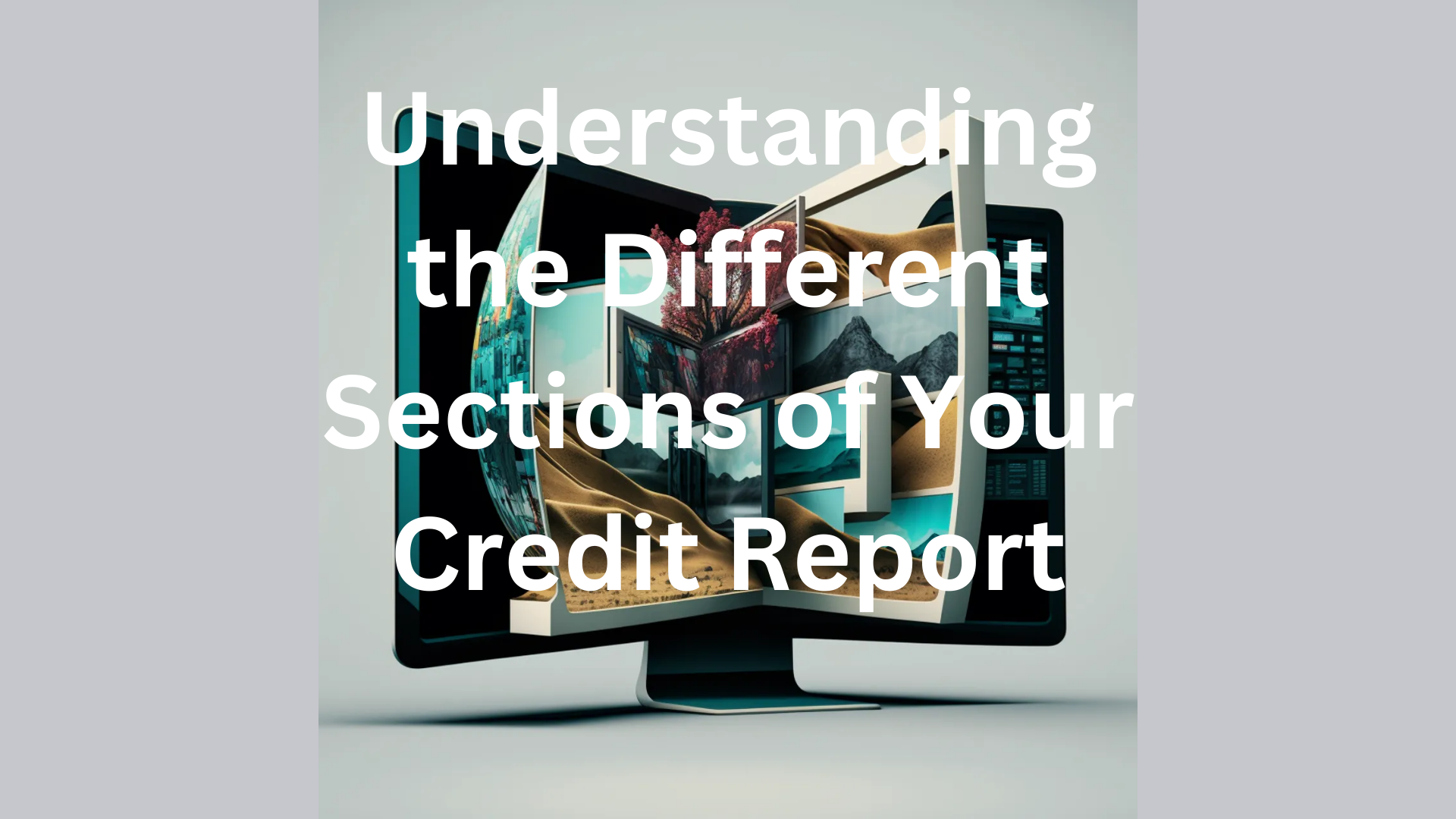Understanding the Different Sections of Your Credit Report
Your credit report is an important tool that lenders use to determine whether you’re eligible for credit, so it’s important to understand the different sections of your credit report. Each credit bureau presents this information in different order, or sometimes in a different name, but it should all be there. In this guide, we’ll walk you through the different sections of your credit report, including personal information, credit accounts, inquiries, public records, and your credit score.
Personal Information
The first section on most credit reports is your personal information. This includes your name, address, Social Security number, and other identifying information. This information is used to verify your identity and ensure that your credit report is accurate. If you spot errors in this section, it could be the result of identity theft, a mixed file, or some other mistake.
Credit Accounts
The credit accounts section of your credit report includes information about your credit accounts, such as credit cards, loans, and mortgages. This section includes details about your payment history, the amount you owe, and the length of your credit history. It’s important to review this section carefully and ensure that all of your accounts are accurate and up-to-date. If you find errors or accounts in collections, contact the credit reporting agency to dispute them.
Inquiries
The inquiries section of your credit report includes information about the inquiries made into your credit history. There are two types of inquiries: hard inquiries and soft inquiries. Hard inquiries are made by lenders when you apply for credit and can lower your credit score. Soft inquiries are made by employers or when you check your own credit report and do not affect your credit score. If you believe an inquiry was made without your permission, this is a sign of identity theft or impermissible access to your credit report.
Public Records
The public records section of your credit report includes information about any bankruptcies, liens, or judgments against you. These records can have a negative impact on your credit score and can stay on your credit report for several years. If you have public records on your credit report, take steps to resolve them as soon as possible.
Credit Score
Your credit score is a numerical representation of your creditworthiness, based on the information in your credit report. Surprisingly, this is not part of your credit report. The bureaus will sell this information to you, but its not part of your credit report. Factors that can affect your credit score include your payment history, the amount you owe, the length of your credit history, and the types of credit you have.
Disputing Errors
If you spot errors on your credit report, it’s important to take action to have them corrected. You can dispute errors with the credit reporting agency, which is required by law to investigate and correct any errors within a certain timeframe. If the errors aren’t corrected, you can contact a credit report protection service for assistance.
In conclusion, understanding the different sections of your credit report is an important part of maintaining good credit. By reviewing your credit report regularly and taking steps to correct any errors, you can ensure that your credit report is accurate and up-to-date. For more information on how often to check your credit report, check out our next article, “How Often Should You Check Your Credit Report?”


